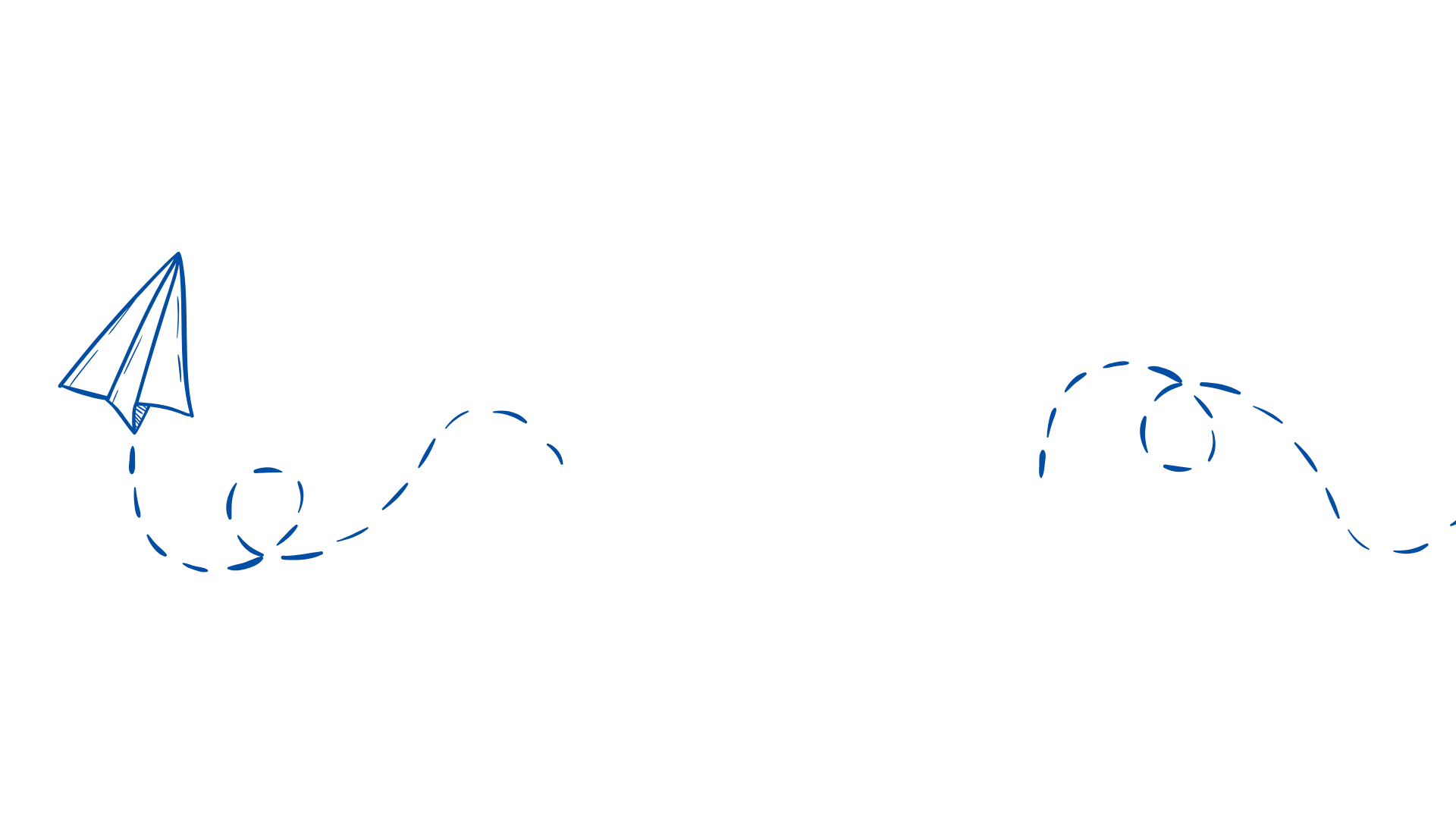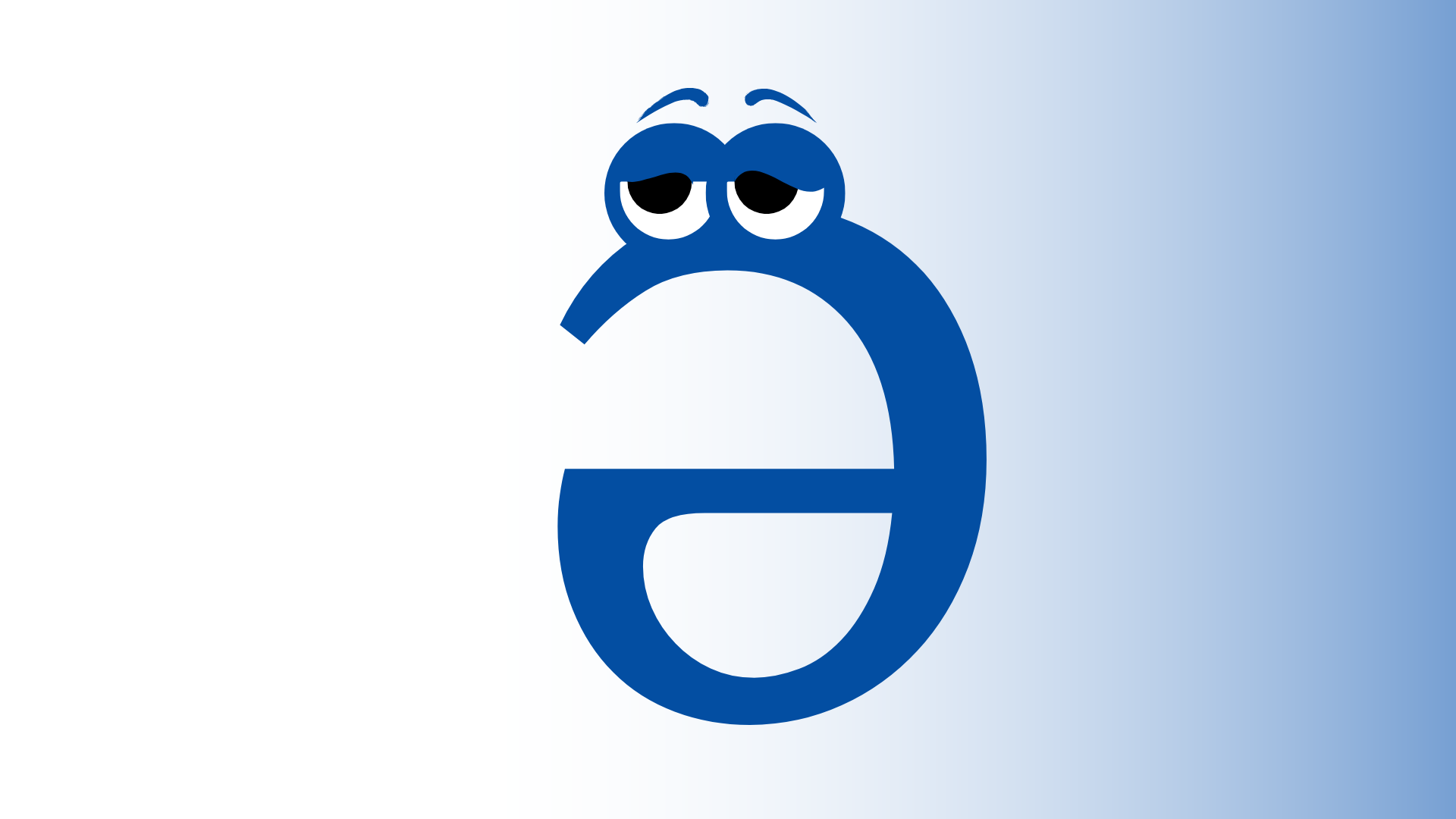
Facts About Schwa


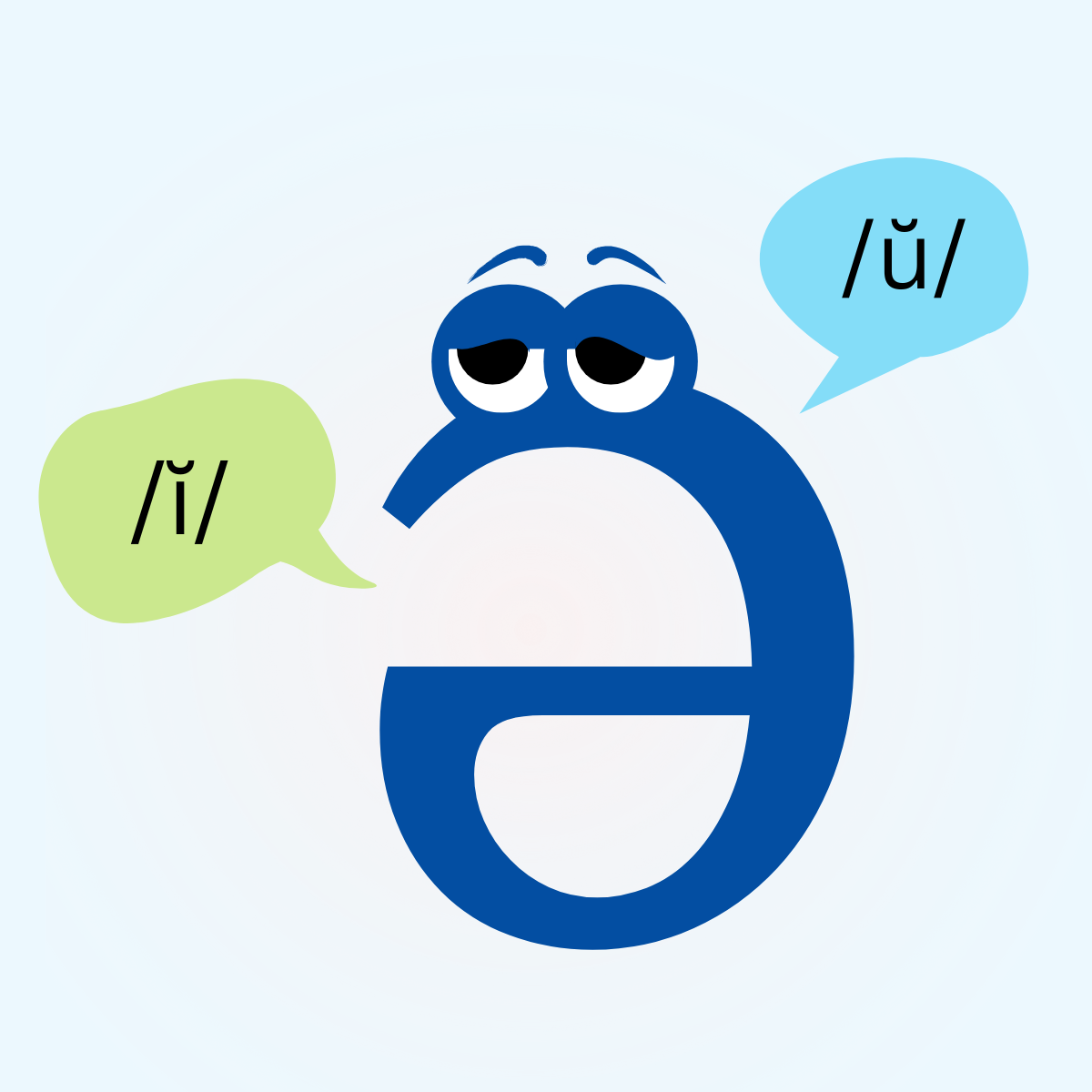
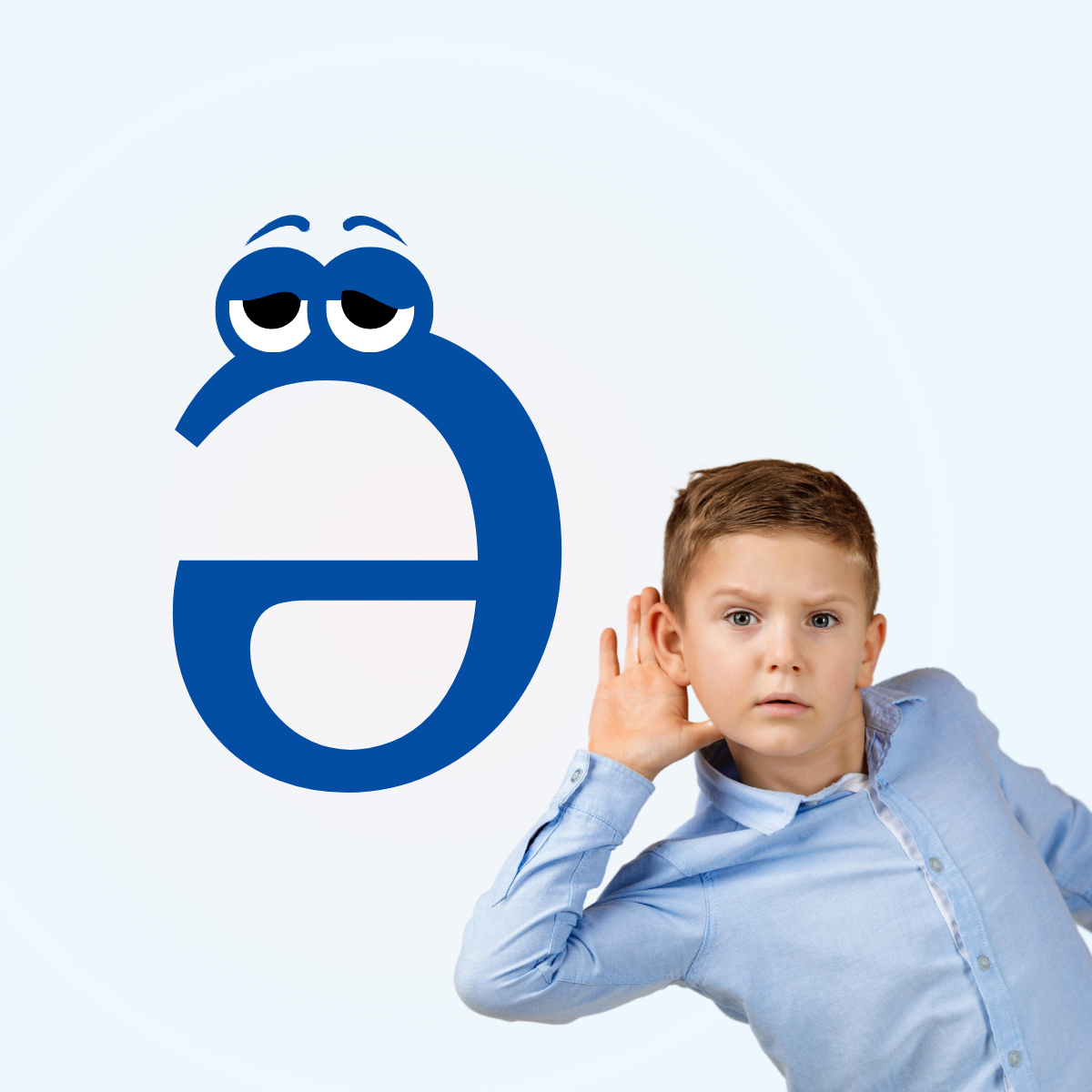
Schwa is the most common sound in English (Knight, 2012).
Schwa is everywhere! It is heard in commonly used words like a, the, was, and about. And it is found in multisyllabic words like balloon, pasta, accomplish, establish, family, freedom, and wisdom.
Schwa is commonly misunderstood.
Teachers tell us that schwa is one of the concepts they didn't understand before learning about Logic of English. They also tell us that understanding schwa is extremely helpful for teaching reading and decoding. Which makes sense! Because schwa is the most common sound in English.
Schwa sounds like /ŭ/ or /ĭ/.
A schwa vowel may sound like /ŭ/ as in ahead, again, and continue, or /ĭ/ as in woman, mountain, and kitten. These are not exceptions. They are schwa.
Schwa is an unstressed vowel sound.
Unstressed vowels are said more quietly than other vowels. When a vowel is said more quietly, the mouth is not opened as far, causing the sound to be distorted.
Examples of schwa saying /ŭ/
a in along
o in wagon
au in authority
Where do vowels say the schwa sound?
-
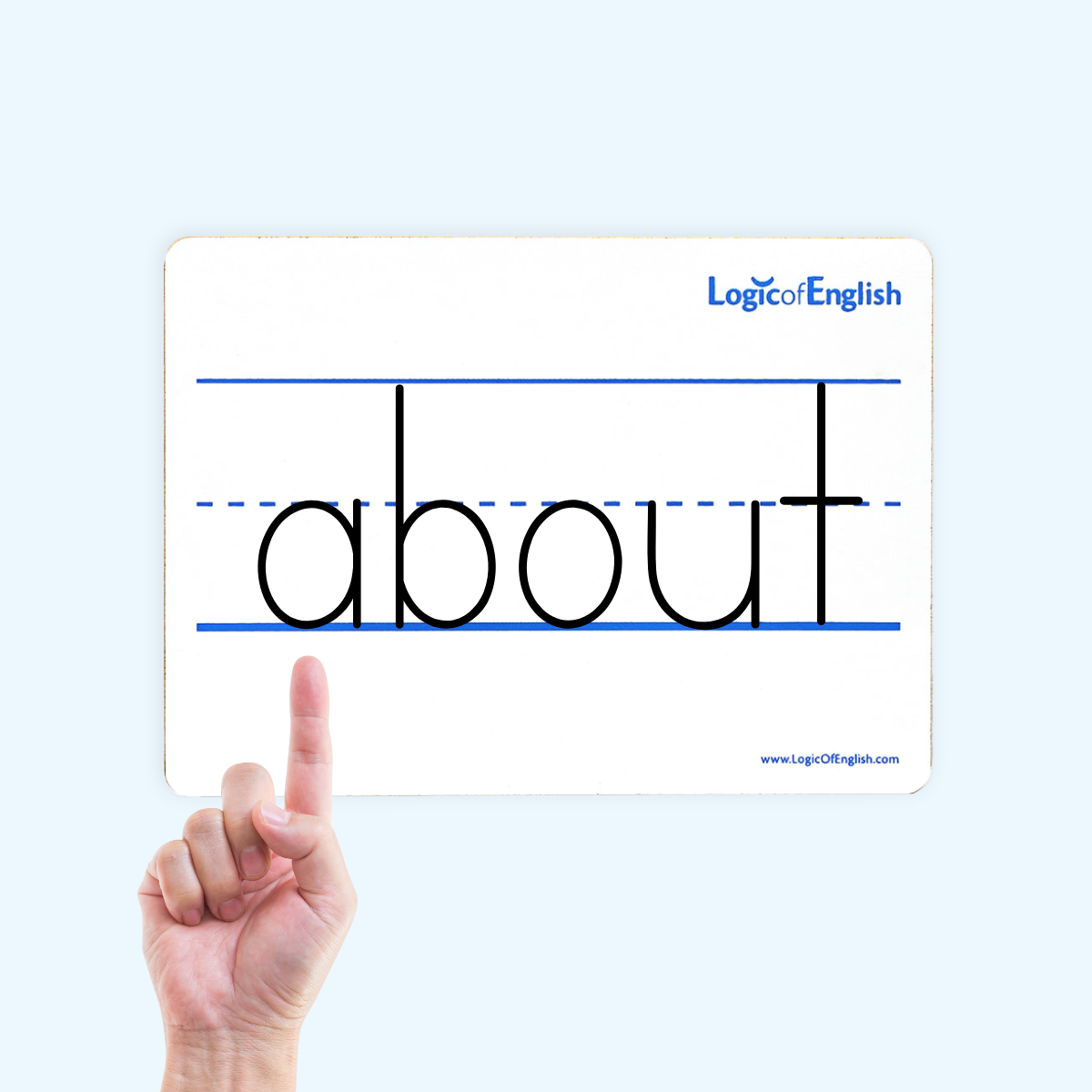
Unstressed Syllables
Vowels may say a schwa sound in unstressed syllables. If you hear the vowel sound clearly, that syllable is stressed. If the vowel is saying /ŭ/ or /ĭ/, that syllable is unstressed. This is the most common reason for a schwa sound.
-
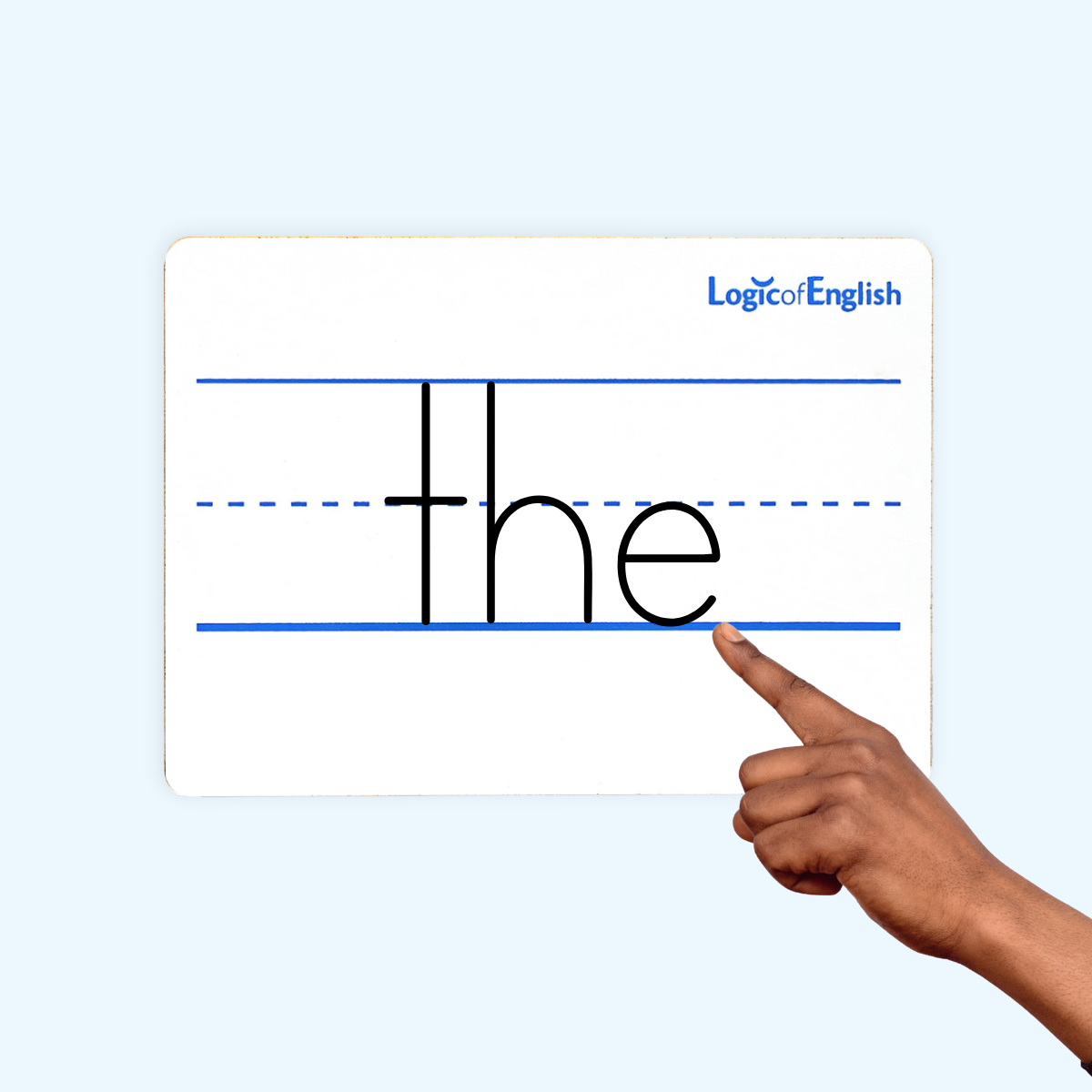
Unstressed Words
Vowels may say a schwa sound in unstressed words. Words that carry significant meaning in a sentence are said with more emphasis or stress. Small grammatical words such as the, a, of, and was are deemphasized or unstressed. These words are not exceptions but are examples of schwa!
Examples of Schwa saying /ĭ/
a in image
o in carrot
ai in mountain
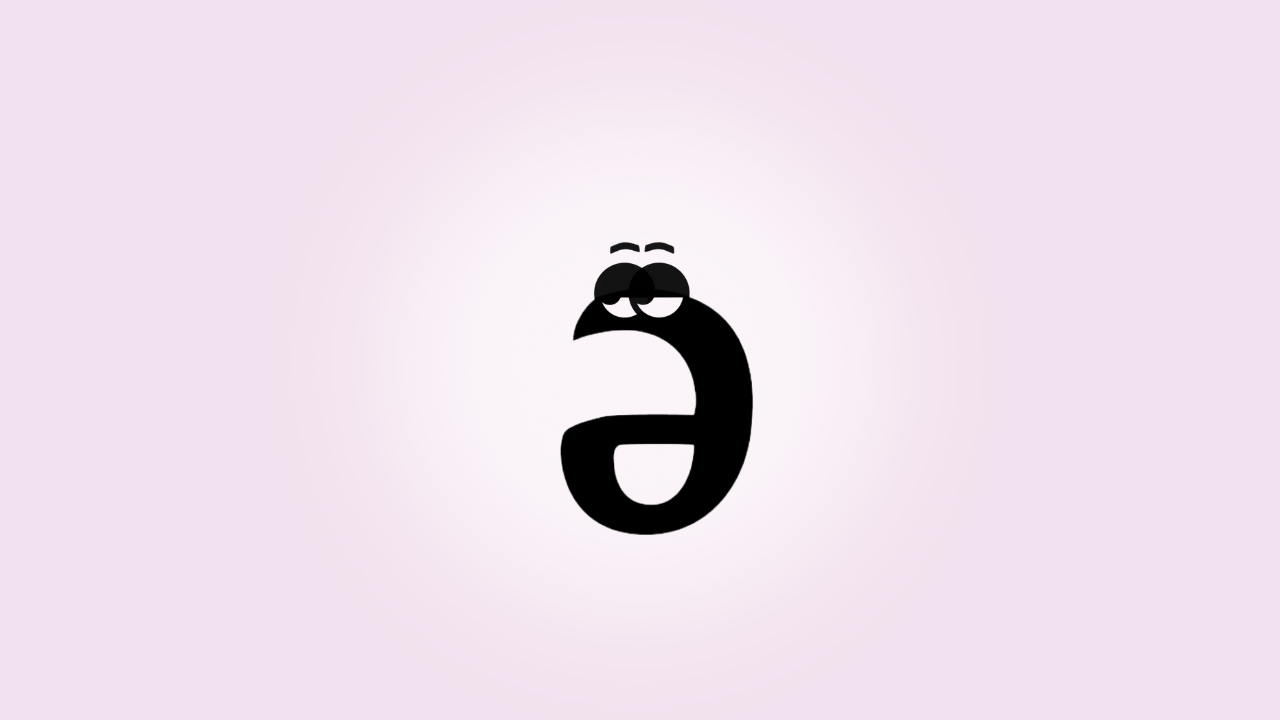
Tips for Teaching Schwa
Teach that schwa is a lazy vowel.




Define a lazy vowel.
Explain that sometimes vowels are lazy and are not pronounced clearly. Teach that every vowel may say one of its lazy sounds, /ŭ/ or /ĭ/.
Feel the schwa.
Say the sound /ŭ/. Notice that you barely need to open your mouth to say /ŭ/. Say the sound /ĭ/. Notice that /ŭ/ and /ĭ/ are lazy sounds.
Compare schwa to other vowels.
Say the sound /ē/ or /ō/. Do you feel how the mouth stretches back for /ē/ and rounds for /ō/? /ē/ and /ō/ are not lazy sounds.
Draw a connection to the definition of vowels.
Discuss how stressed syllables result when the vowel in that syllable is said louder, and unstressed syllables are a result when the vowel is said softer. Explain that sometimes we say the vowel so quietly or lazily that it sounds like /ŭ/ or /ĭ/.

Make a lazy vowel poster.
Ask students to look for examples of words where the vowel is saying one of the lazy sounds, /ŭ/ or /ĭ/, and collect them on a poster.

Say-to-spell the vowels as written.
During spelling analysis, stress the vowels by evenly sounding them out as written. This helps students to write the word correctly and to get an auditory picture of the word.
2019 Teacher Training
Explore Logic of English Resources
-
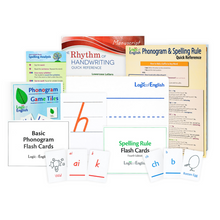
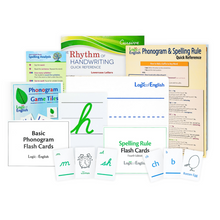
Foundations Core Materials Set
Regular price $ 148.90 USDSale price $ 148.90 USD Regular priceUnit price / per -


Essentials Core Materials Set
Regular price $ 146.90 USDSale price $ 146.90 USD Regular priceUnit price / per -
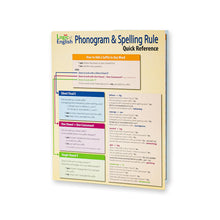
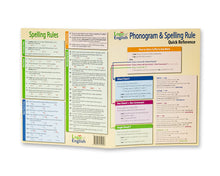
Phonogram & Spelling Rule Quick Reference
Regular price $ 12.99 USDSale price $ 12.99 USD Regular priceUnit price / per -

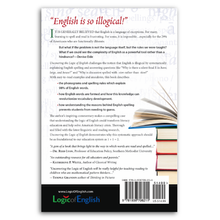
Uncovering the Logic of English
Regular price $ 14.99 USDSale price $ 14.99 USD Regular priceUnit price / per -


How Your Brain Learns to Read
Regular price $ 14.99 USDSale price $ 14.99 USD Regular priceUnit price / per -

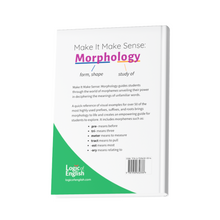
Make It Make Sense: Morphology
Regular price $ 16.99 USDSale price $ 16.99 USD Regular priceUnit price / per
References
Knight, R. A. (2012). Phonetics: A Coursebook. Cambridge University Press.















